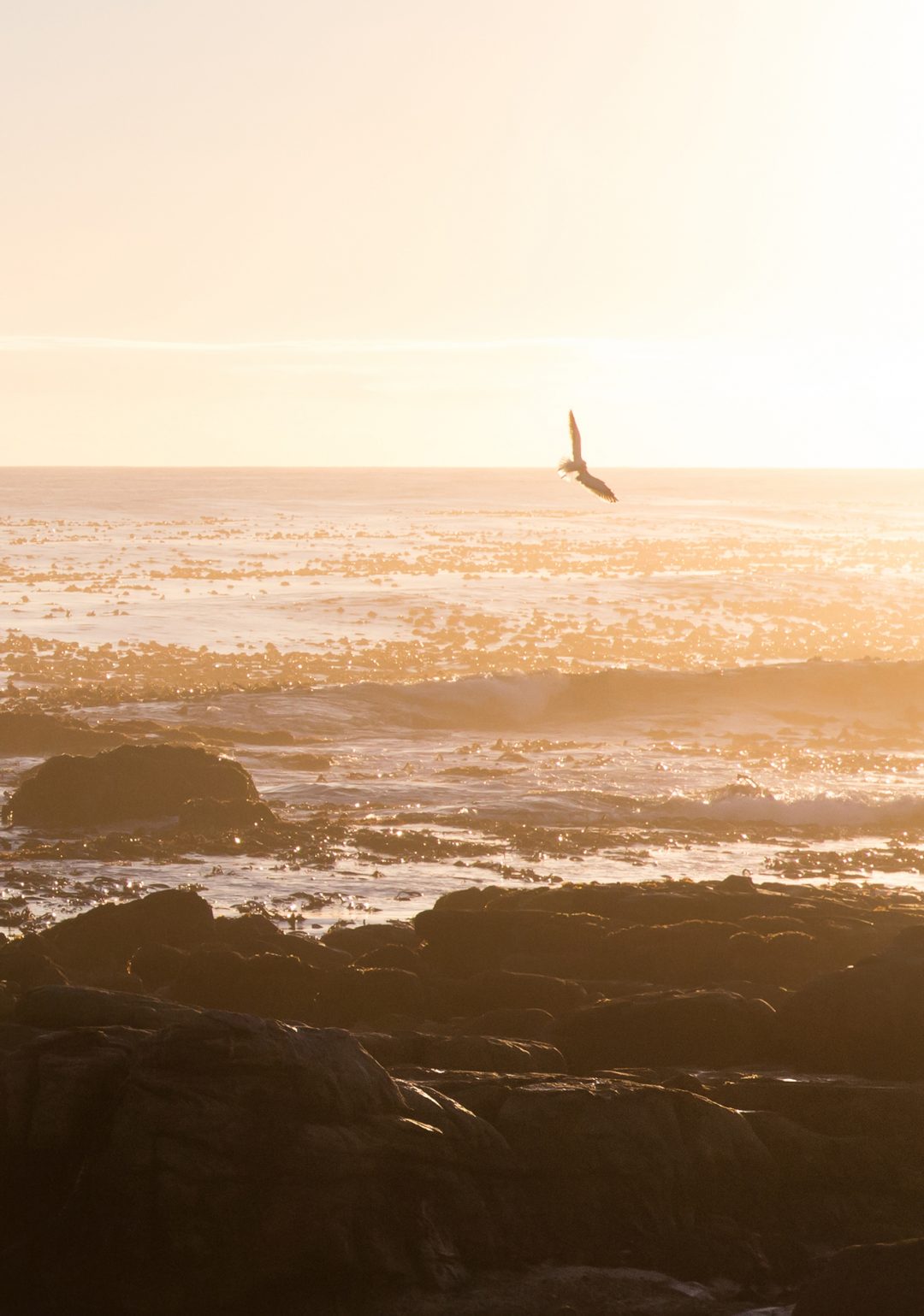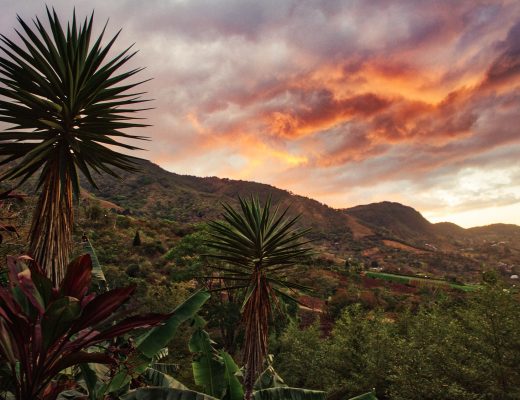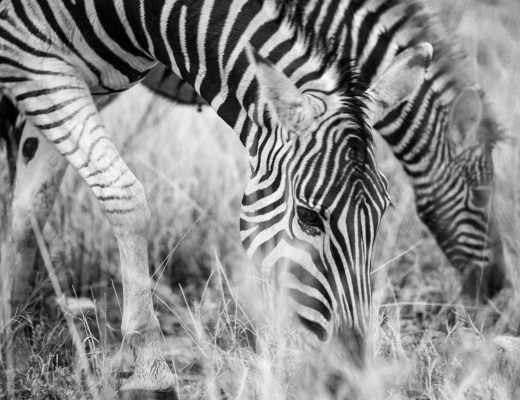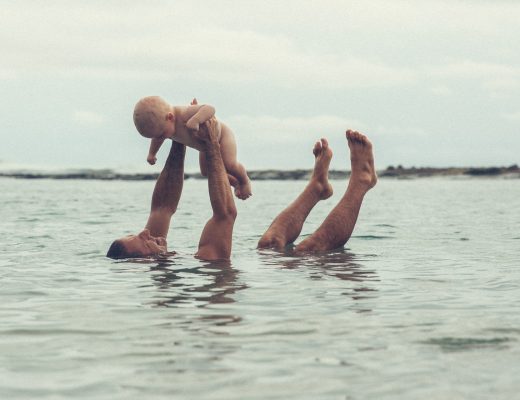Birds. If there is one thing I remember about my childhood in relation to my father it’s birds. I remember him bringing home injured birds he found on the road. He would pick me up and we would drive them to the bird sanctuary where professionals would mend their broken wings and eventually release them back to the wild. I remember him finding baby birds that had fallen from the nest too soon. He would bring them inside and make a soft nest of towels for them. He taught me how to feed them with an eye dropper and nurse them until they grew strong enough to make it on their own. I can still smell the baby bird food he would buy at the pet store and mix with warm water. And then I remember all the times he found a bird nest in our yard, me bouncing in his arms as he carried me out to the nest and lifted me up so I could see the baby birds, mouths open, begging for food.
My dad had a thing for birds.
And then I had a thing for birds.
And then in my teenage years and into college, it seemed birds had a thing for me too.
There was one particular period of time during my junior year of college in Hawaii that birds began showing up everywhere. A baby mynah bird, not yet able to fly, showed up on my doorstep one evening. I named it Maka and spent the next few months nursing it, just the way my father had taught me, before finally releasing it in Fort Derussy park, just down the street from my apartment in Waikiki. I was hoping we’d run into each other occasionally but I never saw Maka again.
I remember another day walking through the same park with my friend Liz. Just as I was explaining this strange connection my father and I had with birds, two white doves circled me several times. And then when we made our way to the beach we laid our towels on the sand. Soon after I sat a little group of six or seven zebra doves scurried over and made a little nest just behind me, up against my back and in my shoes.
“Yeah, you’ve definitely got a thing with birds, ” she agreed, looking in wonder at my new feathered friends.
The other thing I remember about my childhood was my father’s pride in our Native American ancestry. He would mention it often, but when I probed deeper for details they were lacking. He knew that both his grandmothers were Native American, but he didn’t know what tribes they were from. He told me that back then, people weren’t proud to be native American. They tried to hide it, so many records were burned. When I was about seven he signed us up for Indian Princesses. It was kind of like the Brownies but for fathers and daughters. During the school year, we met each week with other father-daughter duos and made Native American crafts. Then in the summer, we all set out together for a big camping trip at YMCA. It was during this time that he gave me my Native American name, Little White Dove. He was Big Running Bear. This name felt right to me. I too was fiercely proud of my Native American ancestry, and always felt like something important was missing by not knowing the truth about my heritage.
It wasn’t until after college that it all came together in a magical series of events. I had graduated from college and after six months of working for the Sustainability Program at the University of Hawaii, I decided to move back home to Florida. My boyfriend at the time helped me pack the few belongings I was taking with me and ship them off to my parent’s house. We drove to the post office and carried the boxes inside. I pointed to my parent’s address in my address book and he helped me fill out the forms for each box.
Several weeks later I was home in Florida as the boxes began arriving, but there were a few missing. A few days later I got a call from a friend of mine, Ayolane. We had met almost a decade earlier at Jacksonville’s Earth Kinship Conference, a gathering of environmentally conscious beings led by some of Florida’s Native American residences. Ayolane’s involvement with several Native American tribes stretching across the continent had always intrigued me, so it was with great pleasure that I saw his name on my caller ID.
He was calling to tell me that his parents had received a few boxes addressed to me.
“Whaaaaat?” I asked, confused.
“Yeah, it’s weird.”
“My boyfriend must have accidentally put their address instead of my parents.”
This was just totally weird. Ayolane’s last name began with an H and my parent’s began with an S. How could he have confused the addresses when they were in totally different parts of the book?
Ayolane lived in Pennsylvania but informed me that he just happened to be heading down to Gainesville, Florida for a meeting with the Muscogee Creek tribe that resided there. He told me that if I wanted I could meet him there and pick up the boxes. My heart raced.
“OOOOH! Can I meet the tribe also?” I asked excitedly.
“I’ll have to talk with the elders first, but its possible.”
A few days later I pulled into a parking lot off I-75 and found Ayolane there waiting in his truck. He gave me my boxes, which his parents in Florida had mailed to him in Pennsylvania, at which point he drove them back down to Florida to finally deliver to me. We discussed once again how strange the circumstances were that these boxes had brought us together, but we were happy to see each other again after a very long time.
He said he spoke with the medicine man of the tribe, whose name was Jack, and they were ok with me visiting for a few days. I followed him in my car to Jack’s home, which was a double-wide trailer set on a forested plot of land several miles from the parking lot where we had met.
Upon our arrival, Ayolane introduced me to the medicine man, Jack, and his lovely wife Pauly. I instantly felt at home with these two. Jack was a character. Soon after my arrival he lit a clump of sage and began walking briskly from one corner of his property to the other. He explained to me that he was setting a perimeter, protecting us from any unfriendly spirits. He assured me that the three spirits he saw following me everywhere were most welcome because they were protecting me also.
Little did I know Ayolane was there to do a three-day vision quest with Jack, so I was there at a special time. The women of the tribe were also planning a sweat lodge on the sacred tribal lands not far from Jack’s house. What was to be a day trip turned into a week-long adventure of learning about the Muskogee Creek tribe and its traditions. During the day I helped Jack with supporting Ayolane in his vision quest and at night Pauly taught me the ancient craft of weaving. I wove a belt to gift to Ayolane to commemorate his vision quest. I also aided the women with their sweat lodge, sitting in meditation outside the lodge and tending the fire for them.
Throughout the week, Jack and I spent a lot of time talking about Native American history, and he probed me for details of my family’s history. One night toward the end of my stay he finally sat me down and asked, “Crystal, does your father like birds?”
I was shocked by this question. “Well, yes, in fact, he REALLY likes birds. Why do you ask?”
It turns out that Jack had been using our time together to observe and collect information to support a theory he had.
“You are the bird clan,” he told me. “You are Muscogee Creek.”
At the moment it all came together for me. “That makes so much sense,” I told him. I then went on to explain my father’s affinity for birds and my own connection as well.
He explained to me that at one time there were 25,000 Muscogee Creeks in the Macon area, where my father was from. At some point, the government told these tribes that they had to leave Georgia. In order to avoid leaving the lands they had inhabited for time immemorial, many burned their records and assimilated into black and white culture. This aligned with the story my grandmother had told my father and me. Somehow I knew in my heart of hearts that this question of my heritage had finally been answered. As for how he knew that we were the bird clan, well, he was the medicine man. He said he saw it in my spirit.
I had to admit, I felt it there too.
Magic 358/365, A bird soars over the Cape of Good Hope, South Africa



